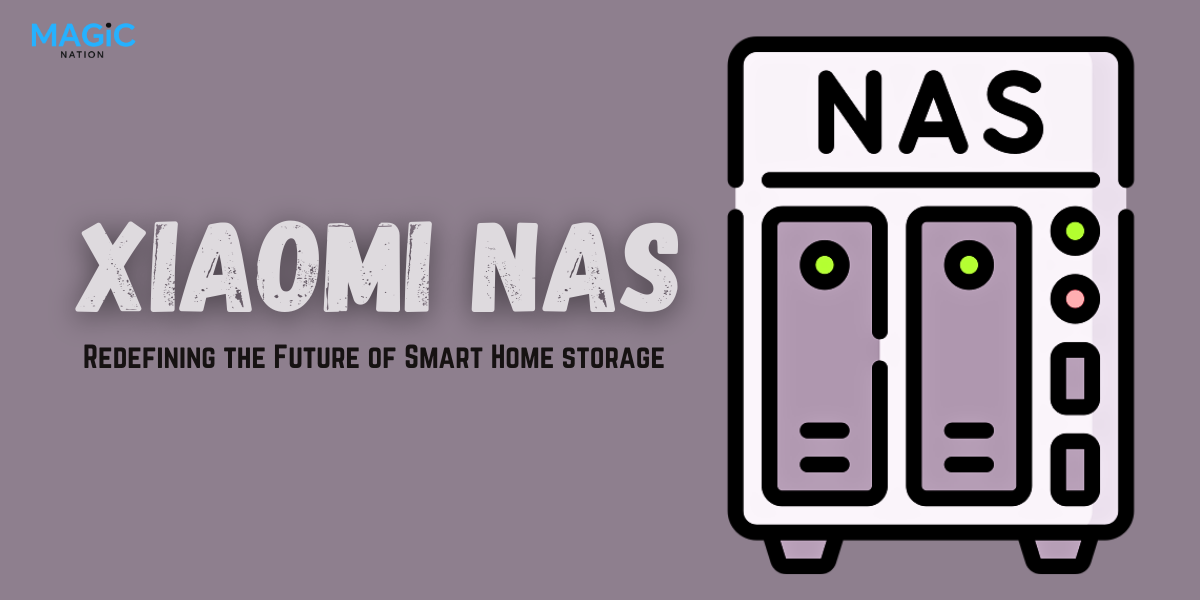
Hello Explorers! Today, let’s embark on a journey through the evolution of renewable energy—a story of human ingenuity, from simple windmills to advanced solar grids powering the future.
The journey starts over 1,300 years ago in Persia, where windmills were used to grind grain and pump water. These early designs relied on simple sails catching the wind, showcasing humanity’s first attempt to convert natural forces into practical energy. Revolutionary for their time, they laid the foundation for wind energy’s future.The Humble Beginnings
By the 19th century, windmills evolved to power water pumps in rural areas, especially in the U.S. At the same time, hydropower made its debut with the first water turbine in the 1820s, signaling the start of energy innovation.The Industrial Age

The concept of solar power was born in 1839 when French scientist Edmond Becquerel discovered the photovoltaic effect—the phenomenon where sunlight generates electricity. It wasn’t until 1954 that Bell Labs developed the first practical solar panel, paving the way for solar energy to enter the modern era.Solar Power’s First Rays
The 20th century marked the rise of large-scale hydropower (like the Hoover Dam) and the first wind turbines. Renewables started transitioning from local utility to global energy players.The Birth of Modern Renewable Energy
In 1941, the U.S. built the first modern wind turbine, generating 1.25 MW. Fast forward to today, offshore wind farms like Hornsea Project One produce gigawatts of clean energy.Wind Turbines Take Flight
In the 1970s, solar energy became a viable alternative during the oil crisis. Advances in technology improved efficiency while costs plummeted—from $76 per watt in 1977 to under $0.50 per watt today. Solar energy transitioned from niche technology to a global solution lighting up homes, cities, and rural communities.Solar Panels Go Mainstream
Renewables diversified with geothermal plants harnessing Earth's heat and biomass energy repurposing organic waste. These complemented the clean energy mix, making it more reliable.Geothermal and Biomass

As climate change gained global attention, governments and industries began investing heavily in renewables. Mega-projects like India’s Bhadla Solar Park and China’s Gansu Wind Farm demonstrated the scale and ambition of the renewable revolution.The Renewable Revolution (2000s)
Renewables needed a boost from battery technology to address intermittency. The rise of lithium-ion batteries and innovations like Tesla's Powerwall brought grid independence closer to reality.The Role of Storage
As of 2024, renewables provide over 30% of the world’s electricity. Denmark generates nearly all its power from wind, while solar grids electrify rural areas in Africa and Asia. These clean energy sources are creating jobs, reducing emissions, and empowering communities.Global Impact Today
The future holds promise:What’s Next?
- Green hydrogen for industries
- Floating wind farms for deep-sea power
- Solar windows that turn skyscrapers into energy plants
From ancient windmills to cutting-edge solar grids, the evolution of renewable energy is a testament to humanity’s ability to innovate and adapt. It’s more than an energy revolution—it’s a movement for a cleaner, greener planet. Let’s continue championing this evolution for future generations.Conclusion
What’s your favorite renewable energy innovation? Share your thoughts below and help spread the word about the power of renewables!













